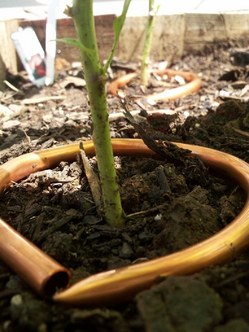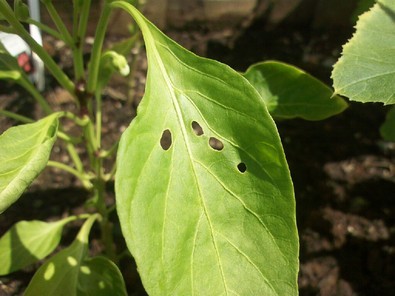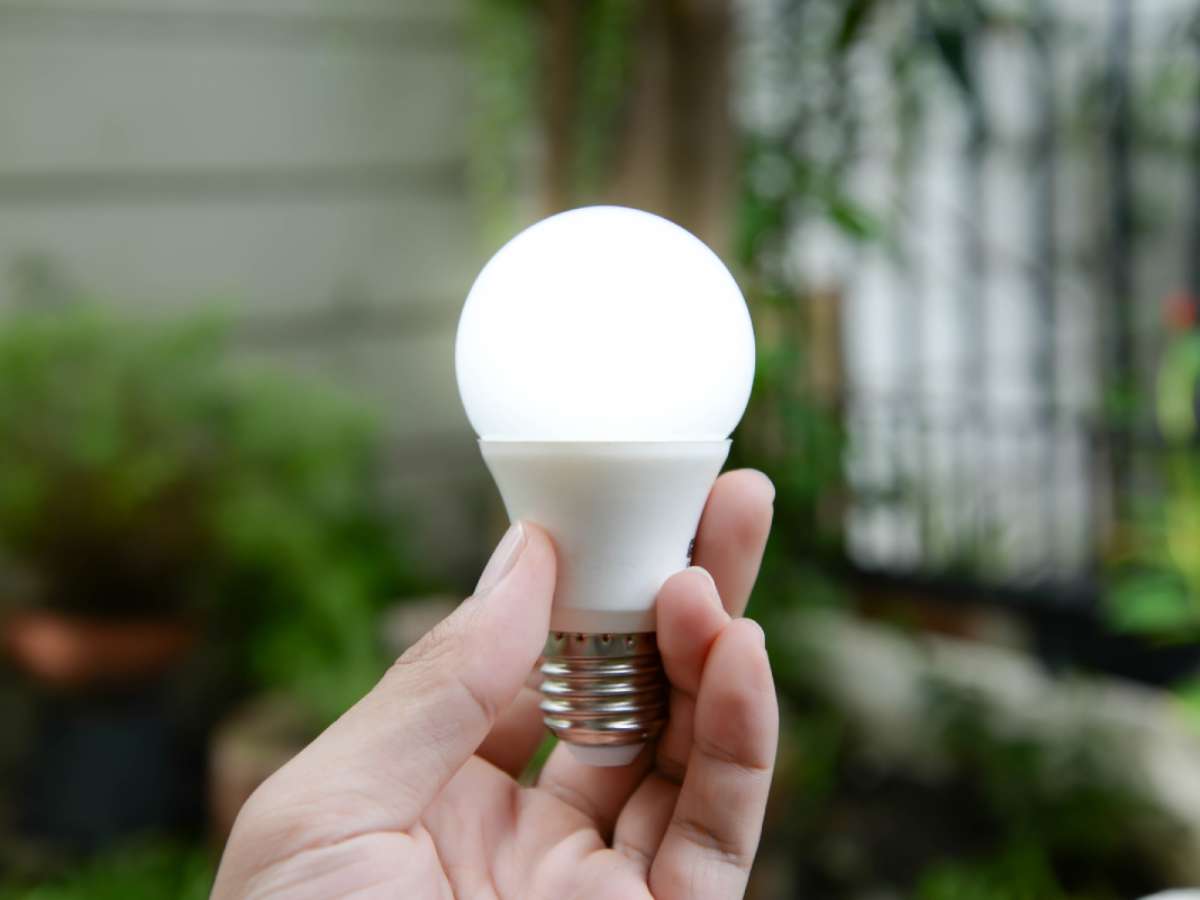 So you’ve planted that organic garden and much to your dismay, your plants aren’t thriving and you begin to notice holes in the leaves.
So you’ve planted that organic garden and much to your dismay, your plants aren’t thriving and you begin to notice holes in the leaves.
YOU’VE GOT SLUGS!
Slugs multiply rapidly and can totally destroy your garden if left unchecked.
Don’t be fooled, not every “all natural” garden pest control technique will actually work on slugs. In fact, many are little more than old wives’ tales at best.
That said, here are 9 all natural ways to protect your garden from slugs… including the way that saved my garden this year too!
My Battle With Slugs
You may recall that I constructed my very first container garden from reclaimed shipping pallets back in early June.
Well the tomatoes, basil, zucchini squash, and crookneck squash have all thrived since then, but the sweet banana peppers and red bell peppers have done nothing!
After varying my watering schedule and trying some other ideas to hopefully get those peppers plants growing, I began to notice holes in the leaves of my pepper plants.
Here’s a picture of how mine looked:
Do some of your plants look the same?
While helping some people move last weekend, I mentioned my dilemma to a friend who told me that I most likely had slugs that, coincidentally, love to feed on pepper plants.
Ah hah!
All Natural Ways To Control Slugs
- Beer: Those pesky slugs hold their alcohol like a 12-year-old girl. Ideal Bite has some clever thoughts on using beer traps for natural slug control… including the “one for you, one for me” approach. Ha!
- Egg Shells: Mother Earth News recommends crushing up egg shells and sprinkling them around your plants. Obviously the egg shells will also benefit the soil as they decompose… so they provide double the benefit.
- Diatomaceous Earth: Diatoma what? Diatomaceous earth is basically the natural fossilized remains of diatoms, a type of hard-shelled algae. Just as with egg shells, soft-bodied pests (like slugs and snails) will not crawl over it… for the same reason humans won’t walk on broken glass.
- Sandpaper: Just as with egg shells and diatomaceous earth, rough sandpaper is too painful for the slugs to cross.
- Citrus Rinds: Planet Green recommends using upside down halves of grapefruit rinds as a slug traps. Set them out at night and you’ll have slugs up inside them in the morning. Personally i’m not a big fan of the trapping techniques as I don’t really want to have to see and dispose of the slugs… they disgust me. Blah!
- Seaweed: EarthEasy.com says, “If you have access to seaweed, it’s well worth the effort to gather. Seaweed is not only a good soil amendment for the garden, it’s a natural repellent for slugs. Mulch with seaweed around the base of plants or perimeter of bed. Pile it on 3″ to 4″ thick – when it dries it will shrink to just an inch or so deep. Seaweed is salty and slugs avoid salt. Push the seaweed away from plant stems so it’s not in direct contact. During hot weather, seaweed will dry and become very rough which also deters the slugs.” Be sure to check out EarthEasy’s list of natural slug repellents. You’ll find some of the same and some different methods than what we’re talking about here.
- Organic Baits: The Weekend Gardner web magazine recommends using either Sluggo or Escar-Go. How do they work? Iron phosphate. Weekend Gardner says, “Iron phosphate is an organic compound that is found naturally in the soil, and if the bait is not consumed by a slug or snail, the material breaks down into fertilizer for your soil. Iron phosphate is not volatile, and does not readily dissolve in water, which minimizes its dispersal beyond where it is applied.”
- Companion Planting: I didn’t know about companion planting when we planted our garden, but I’ll definitely be using it next year. Basically, certain plants planted near each other benefit each other and may also deter certain pests. Plants that deter slugs are: wormwood, rue, fennel, anise, and rosemary.
My Favorite Natural Slug Deterrent
As you can see in the picture at the top of this post, I went with the copper tubing/flashing method.
Similarly to the eggshells, sandpaper, and diamateous earth methods, slugs and snails will not crawl over copper tubing or flashing.
Why? Because the copper reacts with the slime that they are covered in and issues them a small electric shock.
Yeah, that’d be enough to deter me too.
As with many of these listed methods of naturally controlling slugs in your garden, the copper tubing or flashing would not address the problem if slugs are already present in your garden. For that reason, I made the copper rings to fit around the individual pepper plants themselves.
The above mentioned Weekend Gardner article says,
“In order for the copper to continue to work, it needs to be cleaned periodically with vinegar or it will tarnish and no longer work.”
I’m glad I found that article to share with you, because I actually didn’t know that myself!
Got any helpful and natural slug control methods that have worked for you?
Please do share them in the comments. Remember, knowing is half the battle (Yo, Joe!).




